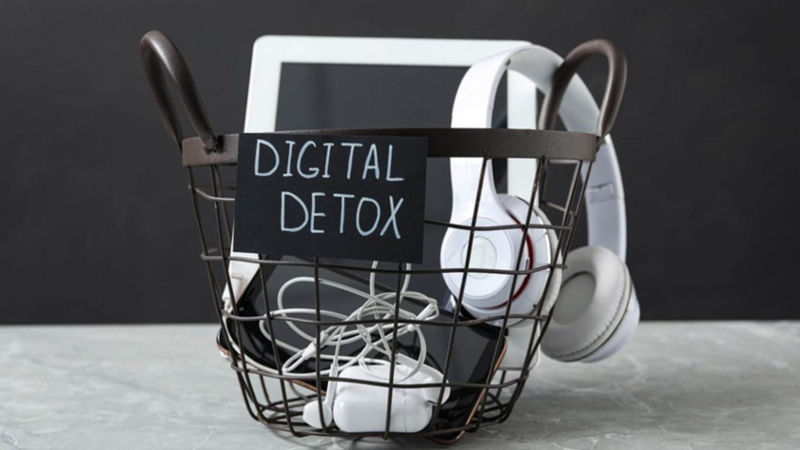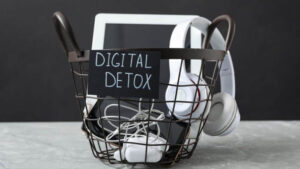In a hyperconnected society, with constant notifications, endless scrolling, and pressure to always be updated, our productivity and mental health are at risk. A Digital Detox from electronic gadgets gives individuals the chance to refocus and regain balance.
What are the benefits of Digital Detox on Mental Health?
Many excessive screen usage episodes are commonly related to increased anxiety, depression, and irregular sleeping. The continuous exposure to social media, news, and notifications overstress the brain, creating feelings of burnout. A digital detox relaxes the brain and decreases the stress associated with general moods. People find an avenue to evade stress through constant information, notifications, and comparisons through the internet.
A break helps people improve their concentration, focus on real-life relationships, and improve their relationship with technology. Detachment on purpose develops mindfulness, better sleep, and inner peace; therefore, it contributes to more emotional stability and clarity in one’s mind. It’s more than just reducing screen time; it involves taking mental space back and building a more intentional and balanced lifestyle.
How to Begin a Digital Detox?
- Establish Phone-Free Zones: Designate the dining table or bedroom as a phone-free zone.
- Schedule Screen-Free Hours: Allocate specific hours during the day to unplug and focus on non-screen activities.
- Replace Screen Time with Hobbies: Engage in hobbies like reading, exercising, or spending time outdoors.
- Use Technology Wisely: Disable unnecessary notifications, and limit app usage to essential tasks only.
Although the thought of disconnection is scary, there are some significant advantages. Besides improving mental health, a digital detox leads to a more meaningful and joyful life. You regain control over your time, energy, and focus by reducing your resilience on the screen. Take the first step now to see how going offline may change your life.














